ZincFive, a nickel-zinc battery cell developer, is entering the electric vehicle and microgrid market through new partnerships with Kaizen Clean Energy, a hydrogen developer, and Advanced Power & Energy, a direct current (DC) fast charging developer for EV drivers, respectively.
Using its 48 kWh/288 kW energy storage systems contained in battery cabinets, ZincFive will provide its nickel-zinc-based uninterruptible power systems (UPS) into the hydrogen generator systems of KCE, which use a PowerCell fuel cell. The system will provide modular hydrogen fueling and EV charging in a single station, making it suitable for new markets for clean fuel.
The company’s commercial and industrial grade batteries rely on a nickel-zinc chemistry and potassium hydroxide aqueous electrolyte, an alkaline base suitable to operate in environments of 50 degrees to 104 degrees, and store electricity in environments as cold as -4 degrees.
“ZincFive and KCE have collaborated closely to develop a microgrid solution that delivers exceptional value to our customers,” said Robert Meaney, co-founder of KCE. “Leveraging ZincFive’s expertise in battery technology integrations, we have accelerated our learning cycles and streamlined our path to market. We are excited to commission our first system with our customer Zeem during the month of May.”
DC fast charging
ZincFive is also supplying its immediate power solution systems into a pilot DC fast charging station project of Advanced Power & Energy located in Greenville, Pennsylvania. The partner is developing commercial DC fast charging stations from 120 kW to 4 MW. For the project, three AP&E power cabinets using 240 kW worth of ZincFive batteries are being commissioned, Tim Hysell, chief executive officer of ZincFive, told pv magazine USA.
“The DC fast charging site is located near two EV corridors as defined by the Pennsylvania State Department of Transportation, adjacent to the intersection of Highways 79 and 80,” George Bulick, president of Advanced Power & Energy, told pv magazine USA.

“We have worked closely with ZincFive to develop a unique set of products that offer turn-key immediate power battery solutions for commercial and industrial applications, including EV charging,” said Bulick.
AP&E has identified multiple additional U.S. fast charging sites and expects to launch its line of ZincFive battery-integrated EV charging stations in Q4 2023, with additional installations beginning in early 2024, said Bulick.
Both companies use U.S.-made batteries and energy storage cabinet components, and expect the products to qualify for funding under the Inflation Reduction Act as related to domestic content sourcing, Bulick and Hysell said.
Previously, ZincFive supplied its UPS battery cabinet and battery packs to data center facilities and mission-critical applications like medical systems and traffic centers that require continuous power. Lithium-ion batteries have shorter lifespans, can degrade or heat up, posing considerable risk for users of continuous power. ZincFive reports that its battery cells provide no thermal runaway or travel restrictions for usage, theoretically making them safer across a wider group of applications than lithium batteries.
Founded in 2016, ZincFive is based in Tualatin, Oregon and has raised $139 million to date from VC investors Helios Climate Ventures, 40 North Ventures, Senator Investment Group, OGCI Climate Investment, Japan Energy Fund and Standard Investments.
This content is protected by copyright and may not be reused. If you want to cooperate with us and would like to reuse some of our content, please contact: editors@pv-magazine.com.



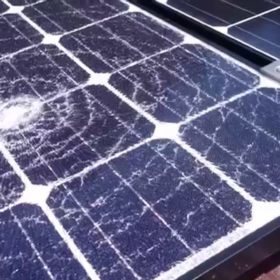
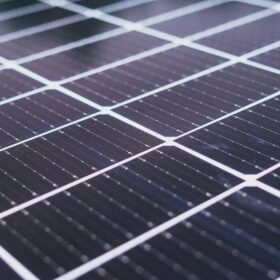
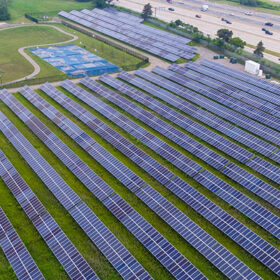
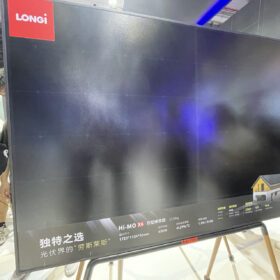
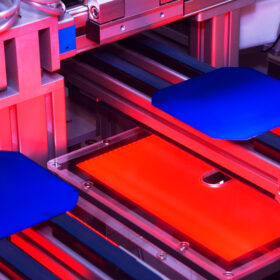
By submitting this form you agree to pv magazine using your data for the purposes of publishing your comment.
Your personal data will only be disclosed or otherwise transmitted to third parties for the purposes of spam filtering or if this is necessary for technical maintenance of the website. Any other transfer to third parties will not take place unless this is justified on the basis of applicable data protection regulations or if pv magazine is legally obliged to do so.
You may revoke this consent at any time with effect for the future, in which case your personal data will be deleted immediately. Otherwise, your data will be deleted if pv magazine has processed your request or the purpose of data storage is fulfilled.
Further information on data privacy can be found in our Data Protection Policy.